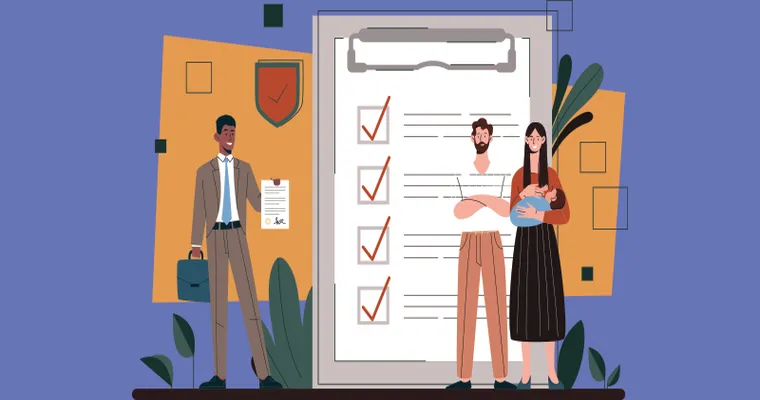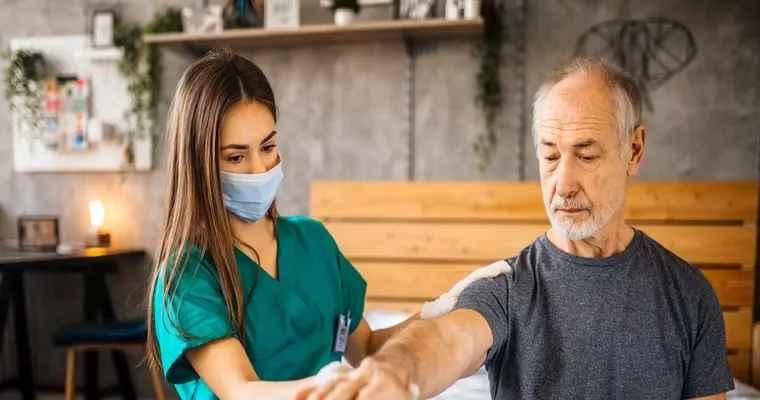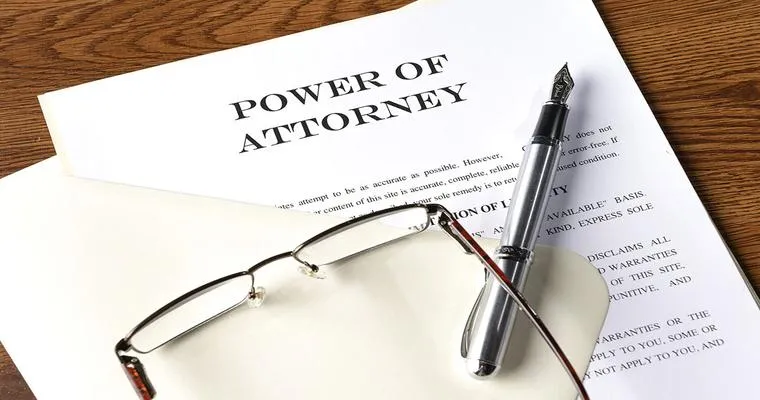When it comes to "preparing a senior with dementia" for a "doctor's visit", careful planning and consideration are essential. The process can be challenging, as individuals with dementia may experience confusion, anxiety, and difficulty communicating. However, with the right strategies in place, caregivers can help ensure that the appointment is as smooth and productive as possible.
Understanding the Importance of the Appointment
Before the visit, it is crucial to recognize the importance of the appointment. Regular check-ups can help monitor the senior's health and manage any "medical conditions". These visits also provide opportunities to discuss changes in behavior or health, making them vital for ongoing care. Understanding this significance can help both the caregiver and the senior feel more prepared and focused.
Gather Necessary Information
Preparing for the appointment involves gathering essential information. This includes:
A list of current medications and dosages
Recent medical history, including any changes in health
Questions or concerns you want to address with the healthcare provider
Having this information at hand can facilitate a more effective discussion with the doctor, ensuring that all relevant topics are covered.
Create a Comfortable Environment
To ease any anxiety the senior may feel, create a comfortable environment before the visit. Discuss the appointment in a calm and reassuring manner, using simple language. It may also be helpful to practice what will happen during the visit, such as waiting in the lobby, meeting the doctor, and the types of questions that might be asked.
Plan the Logistics
Logistics can significantly impact the success of the visit. Consider the following:
Choose a time of day when the senior is most alert and calm.
Arrange for transportation that is comfortable and easy for them to navigate.
Allow extra time for the journey to avoid rushing.
By planning these details, you can help reduce stress for both you and the senior.
Bring Supportive Items
Packing a bag with supportive items can also help calm any nerves. Consider bringing along:
A favorite blanket or stuffed animal for comfort
Snacks or water to keep energy levels up
Personal items that might provide familiarity, such as photographs
These items can create a sense of security and help the senior feel more at ease during the visit.
Communicate Clearly with the Doctor
During the appointment, clear communication is key. When speaking with the healthcare provider, ensure that you:
Clearly state any symptoms or changes you've observed
Advocate for the senior by asking questions and expressing concerns
Take notes during the visit to remember important information
This active participation can help clarify the senior's needs and ensure they receive appropriate care.
Follow Up After the Appointment
After the appointment, take time to review what was discussed. Summarize the key points, including any changes in medication or treatment plans. Discuss these changes with the senior in a gentle manner, ensuring they understand the next steps in their care.
Preparing a senior with dementia for a doctor's visit involves careful planning, clear communication, and a supportive environment. By taking these steps, caregivers can help ensure that the experience is positive and productive, ultimately contributing to the senior's overall health and well-being.





